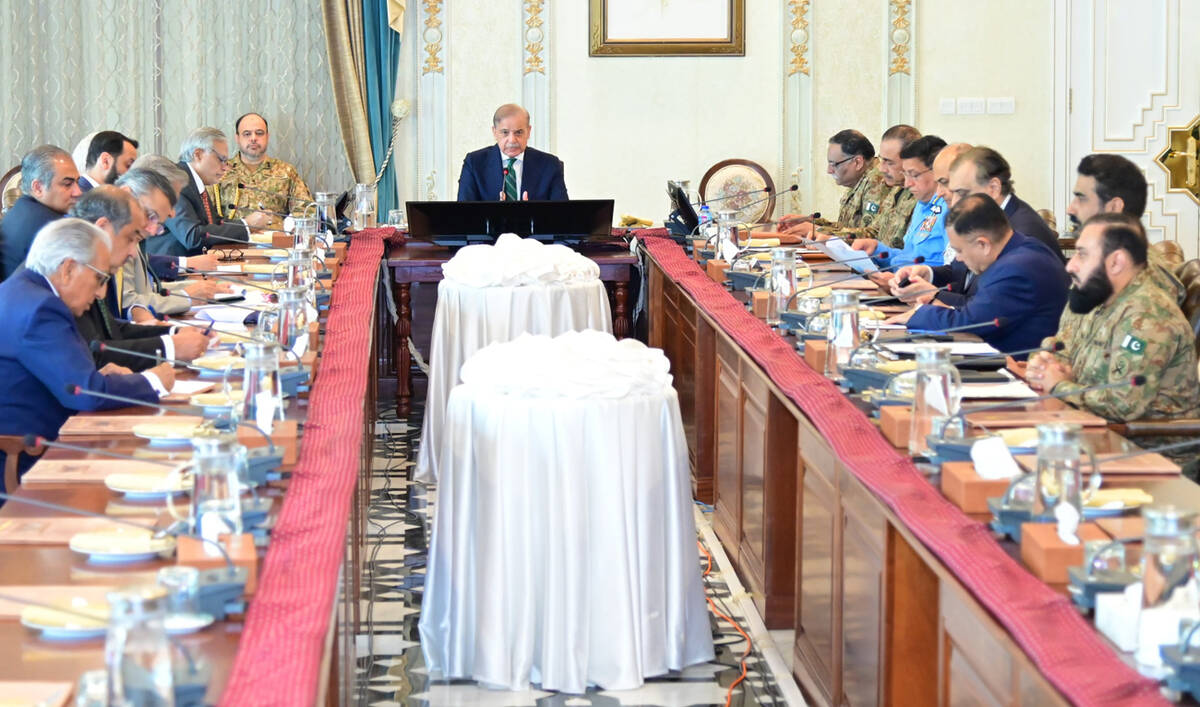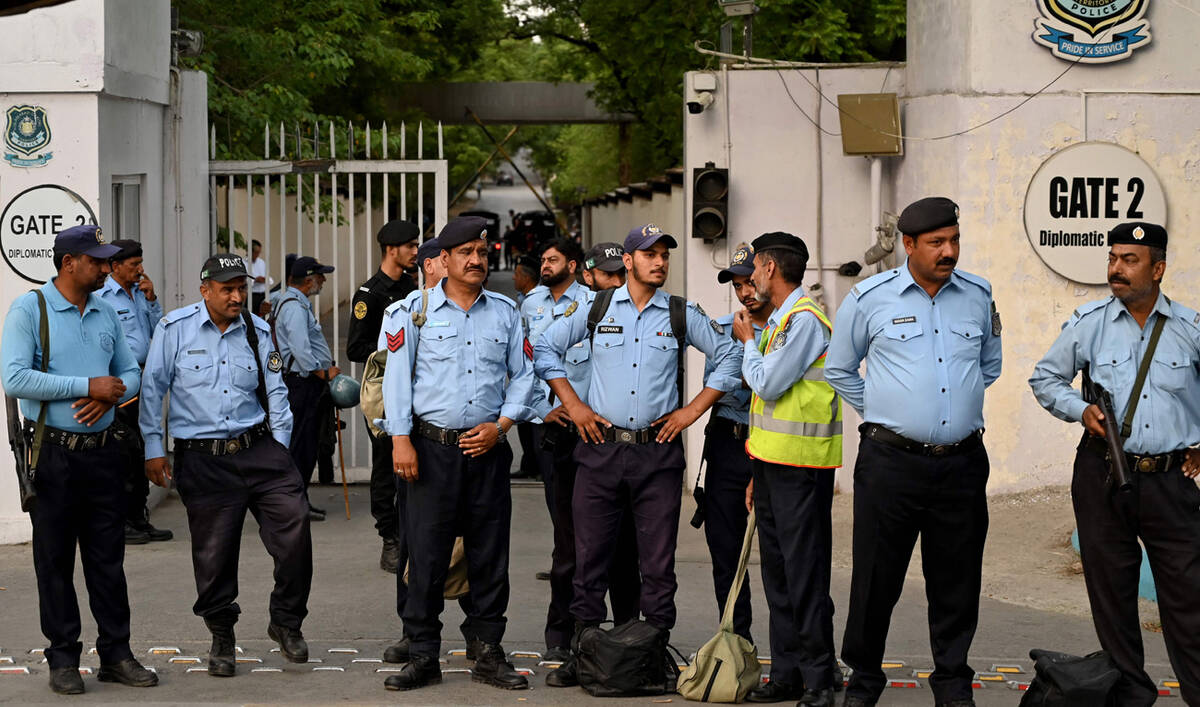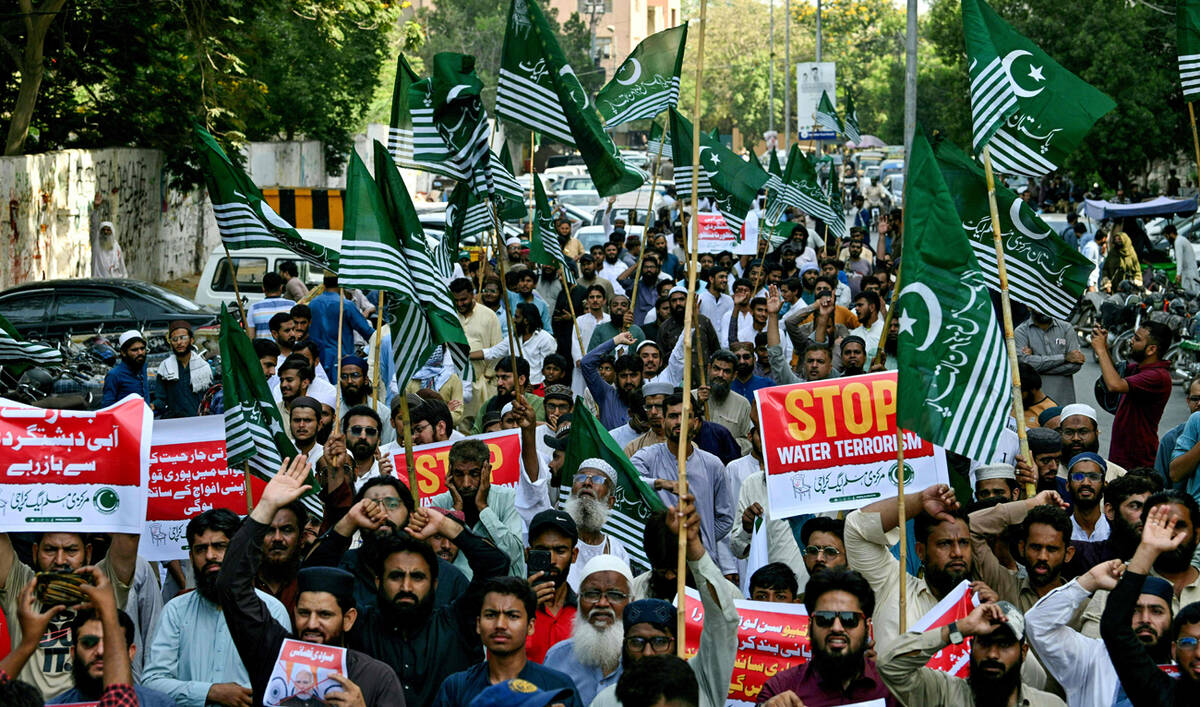KARACHI: Pakistan is undertaking a “cost and benefit analysis” as a step toward launching its own digital currency in a bid to harness the potential of distributor ledger technology (DLT), which underpins cryptoassets, the governor of the central bank has said, though the path would be treaded “very carefully.”
Pakistan’s central bank had set up a cell to study cryptocurrencies in 2014, but in 2018 declared that virtual currencies like Bitcoin were not legal tenders issued or guaranteed by the country’s government. In the background, however, the central bank has been working to launch its own version of virtual currency, the central bank digital currency (CBDC).
“To harness the potential of distributor ledger technologies, SBP is also researching central bank digital currency and is weighing the cost benefit analysis of this venture,” Jameel Ahmed, governor of the State Bank of Pakistan (SBP), said while speaking at the Pakistan Fintech Forum 2022.
“We have almost examined all the jurisdictions who are either experimenting or have issued CBDCs in their respective jurisdiction. However, we will tread this path very carefully, especially with regards to design choices and use case analysis.”
As opposed to cryptocurrencies, CBDC transactions will be recorded in a centralized ledger and the central bank would retain full control over its supply. CBDC has the same value as that of the country’s physical fiat currency, notes or coins.
Pakistan is competing with regional and global peers to upgrade and digitize its financial systems. However, the governor central bank said financial exclusion and cash were major obstacles.
Pakistan has the third largest unbanked adult population globally with about 100 million adults without a bank account, according to the World Bank.
“Financial exclusion and high usage of cash is a major problem for Pakistan, in fact people who have bank accounts face difficulty accessing formal financial services related to credit and savings from the service providers,” he said.
“Today those disrupting digital technologies provide us with the opportunity to make people financially included.”
Pakistan is one of the leading nations in adopting digital platforms and has its own payment scheme known as PayPak as well as a Real Time Gross Settlement system (RTGS) which processes Rs1.4 trillion per day , according to the central bank.
And despite not being recognized by the SBP, interest in cryptocurrencies has been on the rise. The country ranked third in the global crypto adoption index in 2020-21, after India and Vietnam. The federal chamber of commerce said in a report last year Pakistan had recorded around $20 billion in cryptocurrency value in 2020-21, showing an abnormal increase of 711 percent.
The central bank has not commented on FPPCI’s findings so far but in January this year recommended banning cryptocurrency, arguing that allowing it would cause capital flight. A committee formed by the Sindh High Court to deliberate on virtual currencies also urged imposing a “complete ban.”
The recommendations came as the court last year heard a constitutional petition filed in 2019, which sought to overturn the central bank’s guidance from 2018 advising banks and payment system operators against processing and investing in virtual currencies.
























